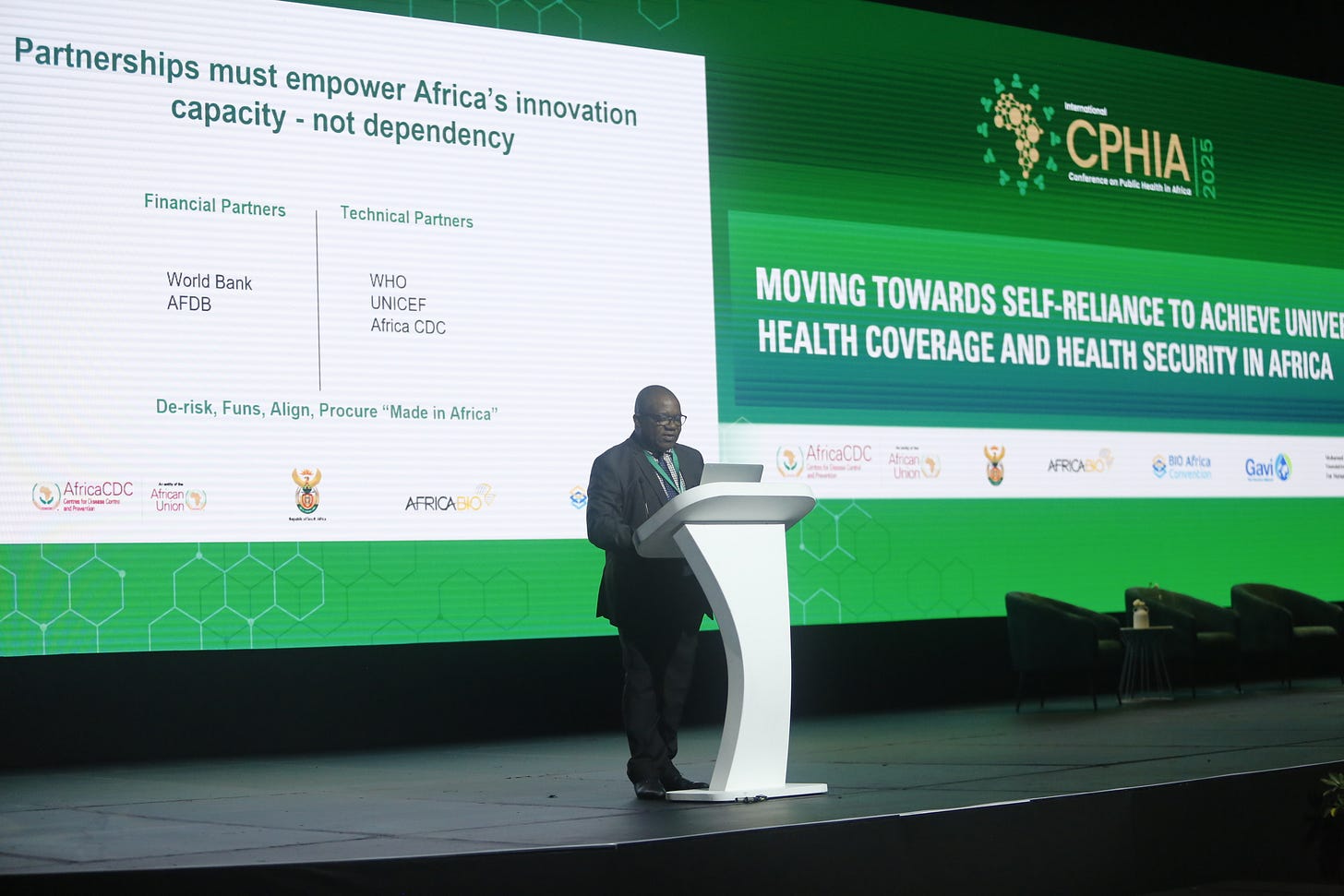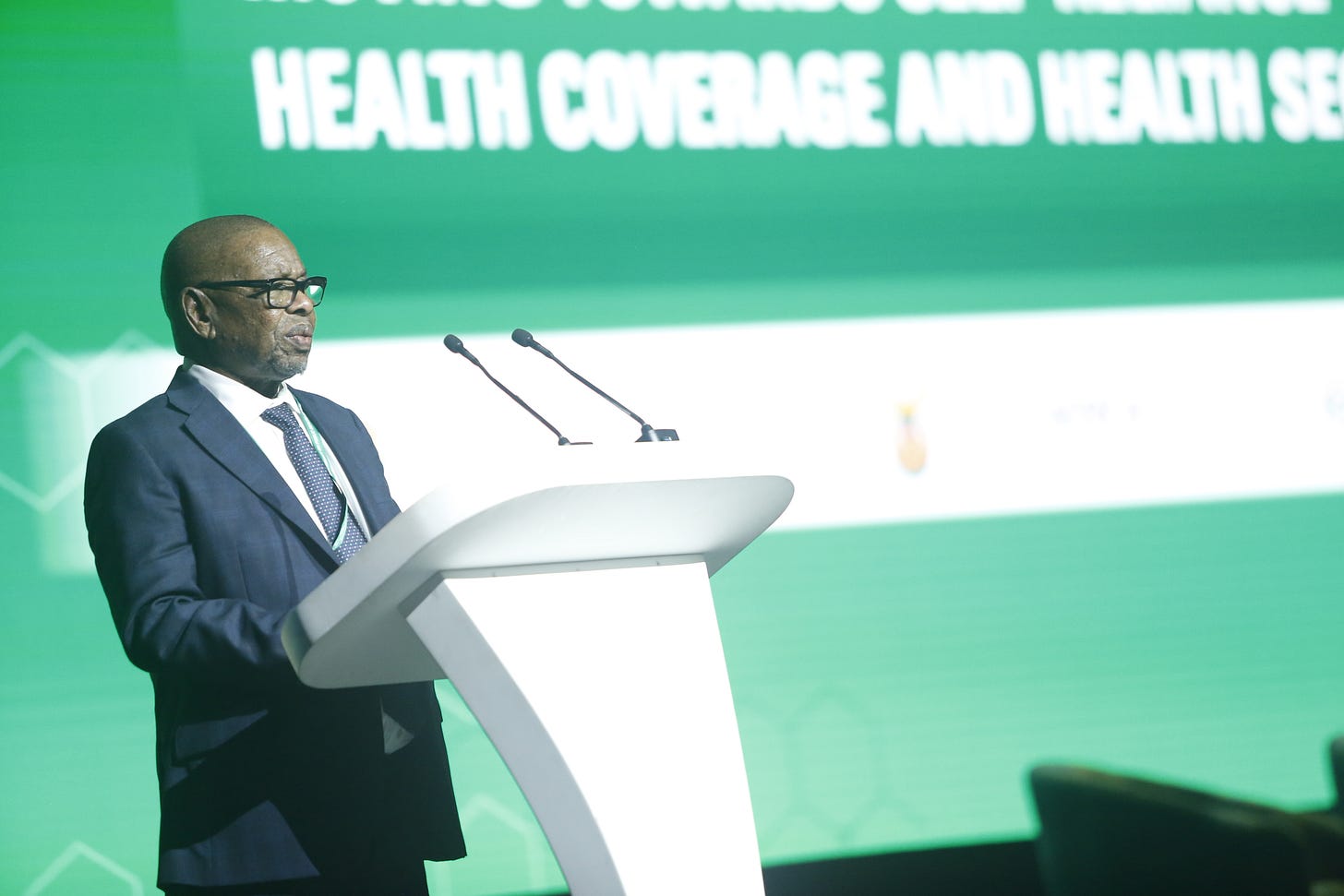Africa’s Call for Health Sovereignty: Building a Self-Reliant Future in Research and Development
Ibukun Oguntola
At the 4th International Conference on Public Health in Africa (CPHIA) held in Durban, South Africa, three speakers set the stage for a groundbreaking discussion. They emphasised the urgent need for Africa to take the lead in driving its own research, development, and production agenda, thereby achieving true health sovereignty.

Prof. Serge Blaise Emaleu, a global health expert in Emergency Preparedness, Readiness and Response, opened with a reminder: “Africa shoulders 24% of the global burden of disease, yet receives less than 2% of global health research funding. This stark disparity reflects a deep structural inequity, where the greatest health needs exist, the least investment follows.” He noted that over 90% of the vaccines used on the continent are imported, exposing a dangerous dependence on external systems. For Emaleu, building local research and manufacturing capacity is about preparedness, equity, and long-term health security.
From a humanitarian and implementation perspective, Etleva (Eva) Kadilli, UNICEF’s Regional Director for Eastern and Southern Africa, emphasised that the move toward local manufacturing must be anchored in access and equity. She outlined UNICEF’s vision of collaboration with the Africa CDC and other continental actors to ensure that the benefits of regional production reach every community, especially those on the margins. Manufacturing in Africa, she stressed, must be matched by inclusive distribution and regulatory trust.
Bringing the political and structural dimension into focus, Dr. Blade Nzimande, South Africa’s Minister of Science, Technology and Innovation, issued a call to action: Africa’s R&D ecosystem can only succeed when leadership, financing, and governance move seamlessly.
“We need heads of state to set and champion clear continental investment targets, finance ministers must align domestic budgets and incentives, and health ministers must ensure national research agendas reflect local disease priorities.”
~ Dr. Blade Nzimande

Nzimande outlined five interconnected pillars for a resilient African innovation system: funding, human capital, infrastructure and technology, policy and regulation, and partnerships. Each reinforces the other, from financing research to training talent, harmonising regulatory systems, and linking science to equitable access. “When these elements are synchronised,” he said, “Africa can move from plans and pledges to production and performance.”
With coordinated political leadership, sustainable financing, and cross-sector collaboration, Africa can shift from dependency to sovereignty, turning its vast potential into a powerful engine for health security, economic growth, and global partnership. As Nzimande concluded, “The time is now, and the future is made in Africa.”

